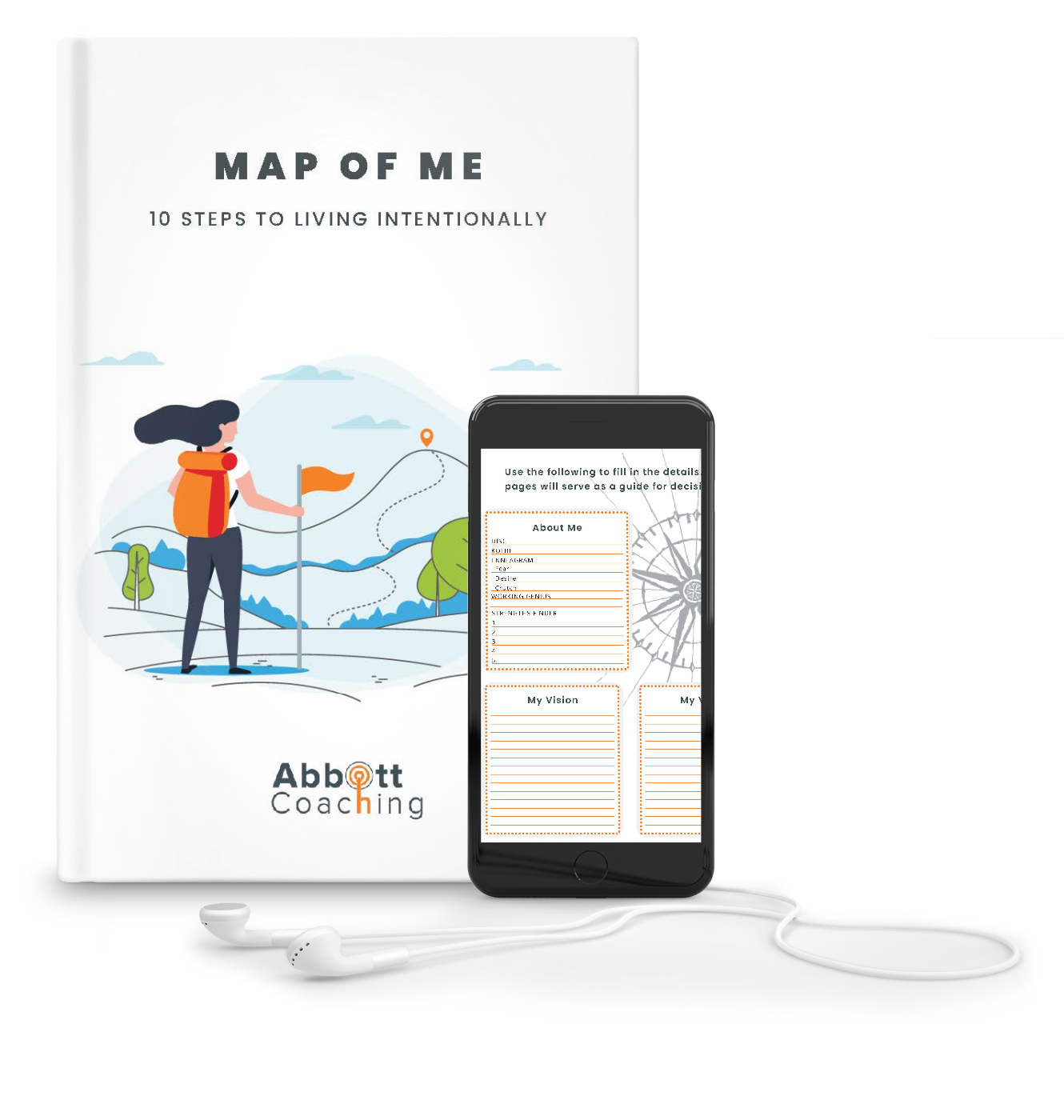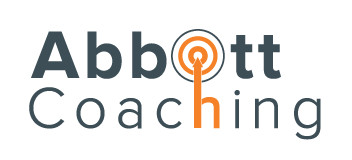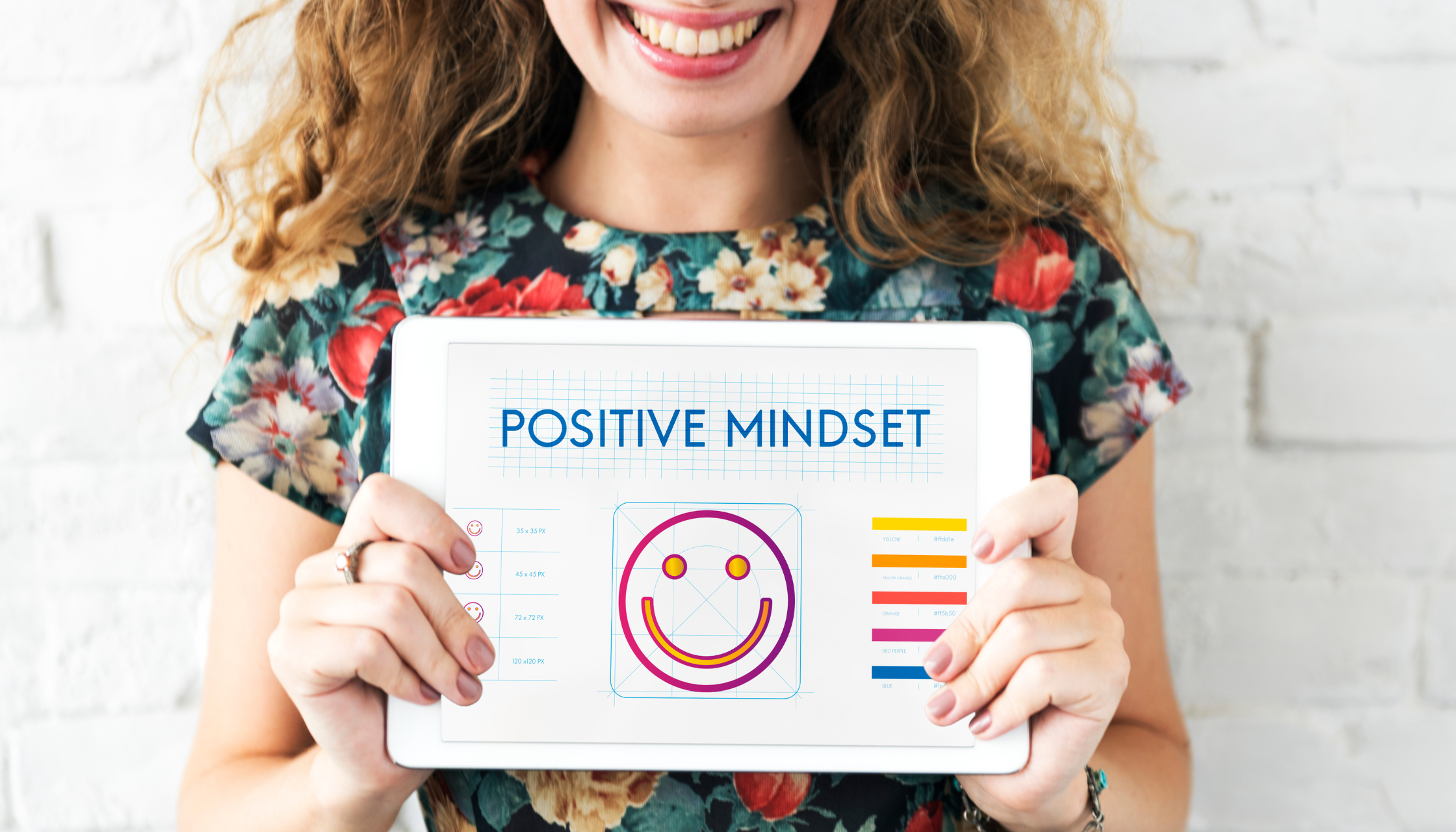Have you ever been in an argument with someone over an offensive comment or insult? Hopefully, you had the courage to confront that person about what they said, and hopefully, they were able to offer a genuine apology. But occasionally, you get a response that sounds something like this:
“I didn’t say you are annoying. I said you were being annoying.”
…As if that single word makes it any less insulting. While a backpedaling and defensive comment like this might be infuriating, the same mentality applied in a more positive way can be a constructive and helpful tool for finding the good in people.
When we pass judgment on others, sometimes we hold them to our own personal standards, which are subject to bias. We might ask ourselves, “Is she generous?” “Is he compassionate?” “Are they communicative?” This type of phrasing often yields answers in absolutes: yes or no, with no in-between nor opportunity for changing your mind.
A minor edit in phrasing (similar to the insulting semantics above) can transform how we think of and relate to people. Instead of asking ourselves “Is she generous?” we can simply rephrase the question and ask, “How has she been generous?”
See how much that small change opens up the question. This tool quickly presses us to consider, evaluate, and reflect before jumping to conclusions. Instead of hastily pulling a “yes” or “no” from our minds, we must slow down and consciously assess before passing judgment.
We might then find that we understand and relate to people in different ways. Instead of considering others by our own standards, we are forced to actively think bout whether they were embodying a certain trait on different occasions or for different standards. We can then pinpoint when they might have shown the positive trait and open up our thinking to focus on the good.
Without rephrasing the question, we would never have the opportunity to see the full picture and find the positives and redeeming qualities in people. We then have a repertoire of specific examples and instances where the person exhibited a certain trait to back up our impressions so that we confidently and healthily make conclusions about our relationships. This is an especially handy tool during annual reviews.
Of course, this isn’t the same as offering people total forgiveness and absolving them of every negative trait. Rather, it is a tool to help us see and understand people more completely and help us focus on the good if there is good to be found.
Below are a few examples of how you can use this mindset to find positives in people:
Instead of: Is she generous?
Ask: When has she shown generosity?
You might find here that you expand your mind to consider different kinds of generosity. Perhaps this colleague or friend is stingy with money or footing bills, but she is generous with her time, energy, or advice, which are far more meaningful to her.
Instead of: Is he confident?
Ask: In what scenarios is he most confident?
This question would be most helpful if you manage a team. When you consider the scenarios that derive the most confidence from a colleague, you can help position that person to succeed by placing them in similar situations.
Instead of: Is she intelligent?
Ask: How is she intelligent?
Judging others on a particular trait based on our own standards can be very limiting. When we rephrase this question, we’re encouraged to consider different “brands” of intelligence rather than just the traditional sense. We might find that a colleague is socially gifted, smart with math and numbers, emotionally intelligent, or even a natural wordsmith.
Let’s Get Your Company Running on EOS
To more deeply understand tools like these, book a discovery call with me so I can help lead you to a joy-filled, empowered life. Together, we’ll use the EOS framework to find mindsets and ways of working that will help you find the good in people, embrace positive thinking, and develop constructive perspectives.

I invite you on a journey of self-discovery and personal growth, into ever-increasing authenticity and self-love.
I created my personal Map of Me to help guide my decisions from a place of strength. My Map of Me has awakened me to who I really am, and who I want to be. It allows me to live from my design at my highest and best, as well as plan to shore up the weaknesses—and it’s given me the ability to see and appreciate the differences. I believe that all individuals should be authentic, open and able to express themselves fully with confidence—your Map of Me is your guide for
doing just that.

